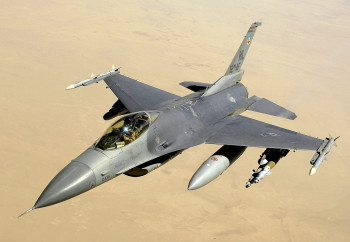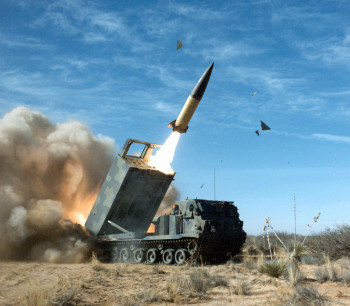Polish official wants decision on fighter jets for Ukraine to be made at Munich conference.
The Munich Security Conference scheduled for Feb. 17-19 will be the right format for making a decision on sending fighter jets to Ukraine, Dariusz Pawlos, Poland's ambassador to Germany, told Redaktions Netwerk Deutschland on Feb. 6.
Pawlos also said Poland did not want to do it alone and the decision should be made by Ukraine's allies unanimously. He added that the policy of hesitation and procrastination was counterproductive.
Critics argue that allies’ reluctance to supply F-16 fighters and long-range ATACMS missiles to Ukraine will prevent Kyiv from launching a major counteroffensive and liberating the rest of Ukrainian territory. Ukraine’s lack of advanced aircraft and missiles will likely prolong Russia’s war of aggression and result in thousands of deaths.
There have been no high-level talks between Ukraine and the U.S. about providing F-16 fighter jets, but the delivery of such aircraft to Kyiv cannot be ruled out in the future, Politico reported on Jan. 31, citing U.S. officials.
U.S. President Joe Biden said on Jan. 30 that he wouldn’t send American fighter jets to Ukraine.
White House National Security Council Coordinator for Strategic Communications John Kirby later defended the Biden administration’s decision not to send F-16 fighter jets to Ukraine, pointing instead to the aid the U.S. is providing, including Abrams tanks.
The European Union's foreign policy chief Josep Borrell dismissed the idea of sending fighter jets to Ukraine, calling it a “highly controversial” issue, the El Pais newspaper reported on Feb. 1.











